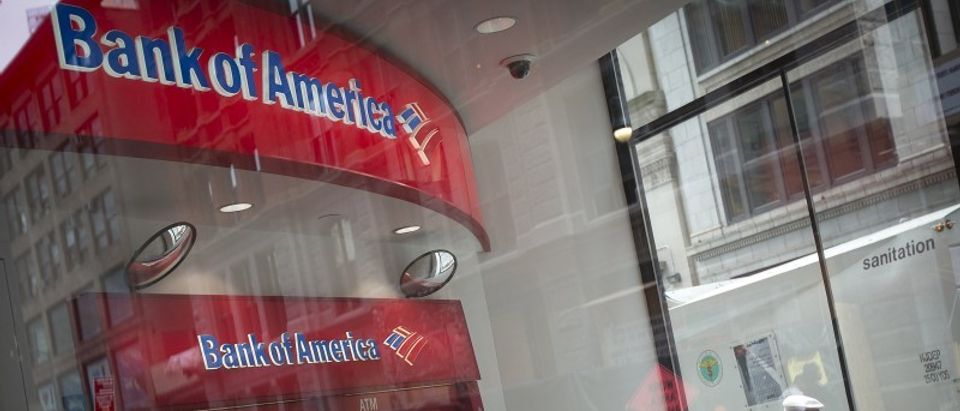One of the nation’s top banking regulators said on Monday that equity capital, not government intervention, is the best strategy for banks to prevent losses.
At a conference in Paris, Tom Hoenig, vice chairman of the Federal Deposit Insurance Corporation, said bank creditors who rely more on government prevention of losses generate less equity capital such as stocks. Hoeing added that during the 2008 recession banks with the lowest capital levels failed at nearly twice the rate of the highest-capitalized banks.
“As the role of government has increased, the role of equity capital has declined,” Hoenig said. “In most instances the studies found that the benefits of higher capital outweigh its costs, up to the levels specified under current rules and perhaps beyond, serving the long-run interest of the macroeconomy.”
Hudson Institute senior fellow Irwin Stelzer wrote in The Weekly Standard last month, “Regulators know that reduction of the risk of a systemic meltdown requires increasing the amount of capital the too-big-to-fail banks must hold. U.S. banks have already substantially increased their capital, but regulators will use stiffened stress tests to raise requirements further, and add a system of insurance premiums that rise with the riskiness of a bank’s portfolio.”
“There are other sources of the rain falling on the banks’ parade to higher profits, most notably lower trading revenues, down 16 percent from last year’s first quarter, making it the worst in the past seven years,” Stelzer wrote.
Hoeing also said if regulators gave into special interests form the banking industry for favors, such as exemptions, banks will not profit.


